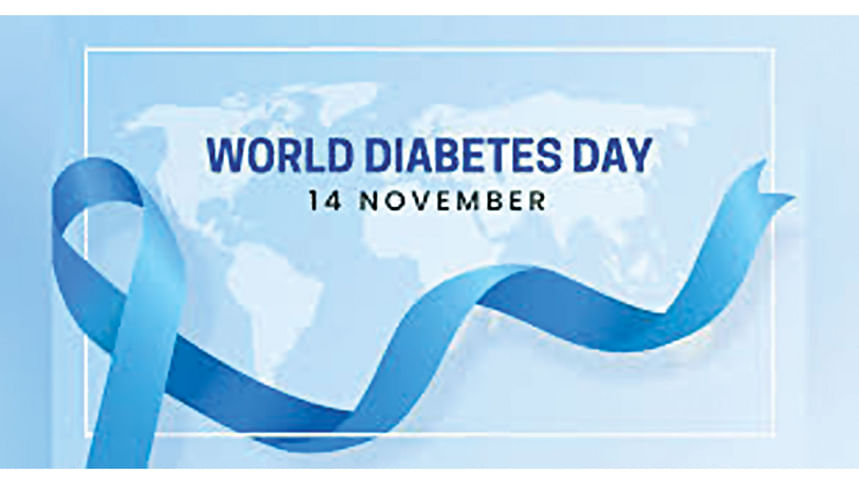World Diabetes Day 2023: Empowering access

World Diabetes Day which is celebrated on 14 November every year, provides an opportunity to raise awareness of diabetes as a global public health issue and what needs to be done, collectively and individually, for better prevention, diagnosis, and management of the condition.
This World Diabetes Day, the World Health Organisation (WHO) highlighted the need for equitable access to essential care, including raising awareness of ways people with diabetes can minimise their risk of complications.
Access to quality healthcare is a fundamental human right, yet millions of people around the world still face significant barriers to accessing diabetes care. The theme for World Diabetes Day 2023, "Access to Diabetes Care," aligns with the WHO South-East Asia Region's Non-Communicable Disease (NCD) flagship.
Globally, around 422 million people have diabetes, and 1.5 million deaths are directly attributed to diabetes every year. In the WHO South-East Asia Region, more than 96 million people are estimated to have diabetes. Diabetes and its complications (blindness, kidney failure, heart attack, stroke, and lower limb amputation) bring substantial economic loss to people with diabetes and their families, as well as to health systems and national economies. This toll is manifested through direct medical expenses and the loss of work and wages. The predictions regarding the future economic burden of diabetes are as alarming as those regarding its future prevalence.
The WHO South-East Asia Region has taken several measures to address this growing health challenge in alignment with the strategies of the WHO Global Diabetes Compact. The Seventy-sixth session of the WHO Regional Committee for South-East Asia endorsed the SEAHEARTS (WHO HEARTS package adaptation to the Southeast Asia Region) to accelerate CVD risk reduction and place 100 million people with diabetes and hypertension on protocol-based management by 2025. These interventions will enhance access to diabetes care and reinforce NCD services at the primary health care level.
Countries in the region have made commendable progress in reducing tobacco use and have taken various measures to promote physical activity, a healthy diet, and the adoption of a healthy lifestyle, which are essential for reducing the risk of diabetes. Access to diabetes care services continues to expand in the region.
The WHO NCD Country Capacity Survey of 2021 has indicated that in most countries in the region, the essential medicines and technologies for diabetes management are 'generally available' in primary healthcare centers. Healthcare providers are being trained to prevent and manage diabetes using the WHO's technical package for diabetes, HEARTS-D, tailored to the national context. Emerging technologies, including artificial intelligence-based solutions, are being explored for the early detection of diabetes complications among enrolled patients.
Improving access to care for diabetes is a priority for the region. WHO appeals to countries and stakeholders to take measures through several key avenues, which include:
• Scale efforts to reduce risk factors with a 'whole-of-society' and 'whole-of-government' approach.
• Bridge treatment gaps and enhance disease control through protocols, trained carers, and advanced technology in primary healthcare.
• Focus on timely diagnosis and management of complications, especially for high-risk individuals, through updated guidelines and efficient referral systems.
• Implement information systems for longitudinal monitoring, utilise digital solutions for measuring key indicators, and invest in research for simplified self-care management.
Diabetes care must be accessible, affordable, and top-notch for all, regardless of status or location. It is a collective responsibility—governments, healthcare, and communities. Small investments now can yield significant future gains. This World Diabetes Day, let's champion the message: 'Know your risk, know your response.'
Source: World Health Organisation

 For all latest news, follow The Daily Star's Google News channel.
For all latest news, follow The Daily Star's Google News channel. 



Comments